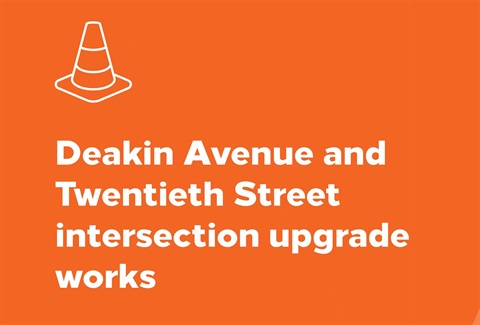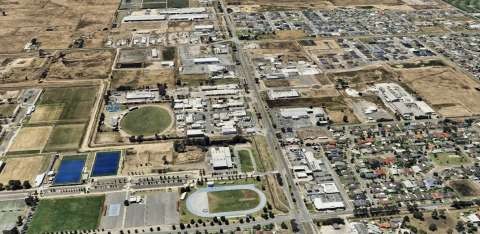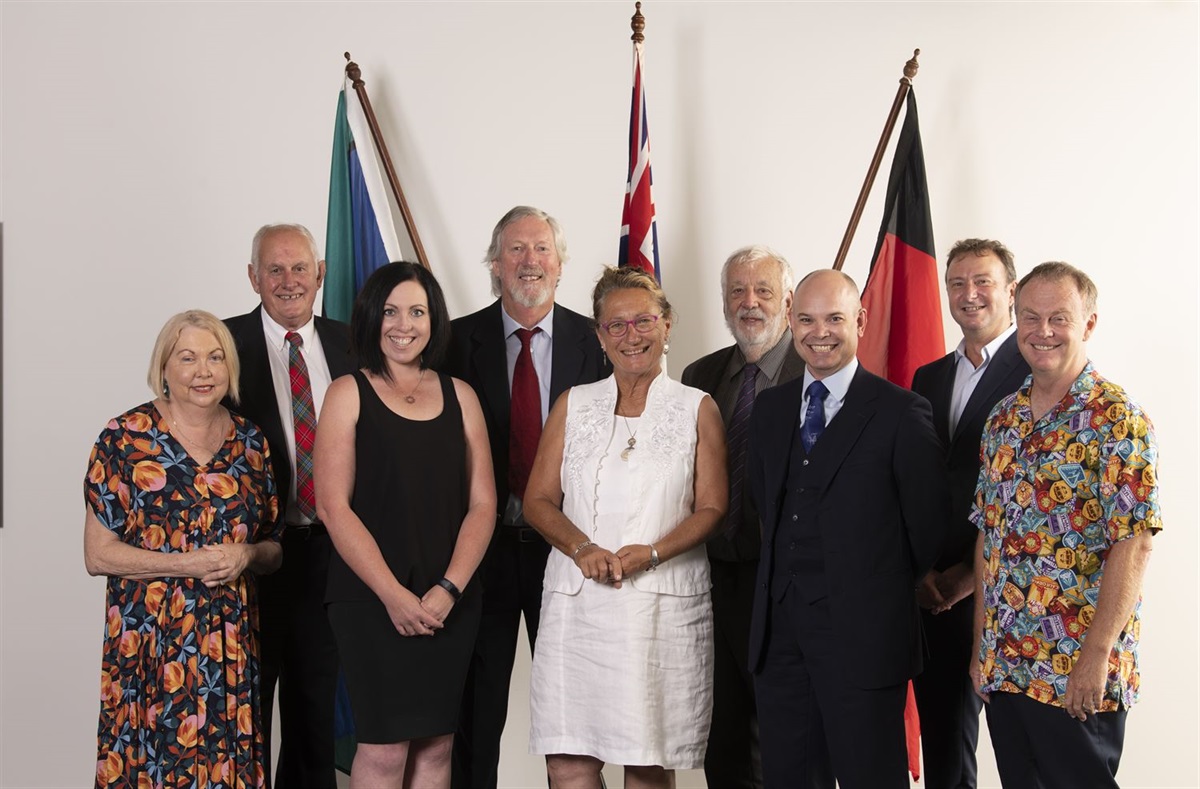Following a decision by the Supreme Court of Victoria today, the Reserve Bank of Australia (RBA) is able to
disclose that in late 2011 Note Printing Australia (NPA) and Securency[1]
entered pleas of guilty to charges of conspiracy to bribe foreign officials in
connection with banknote-related business. The offences were committed over the
period from December 1999 to September 2004.
The RBA and the companies were not permitted to disclose these pleas prior to today
due to suppression orders, which have now been lifted. The orders were not sought by
the RBA or the companies.
The boards of NPA and Securency decided to enter guilty pleas at the earliest
possible time rather than to defend the charges, reflecting an acceptance of
responsibility and genuine remorse. The decisions to plead guilty were based on
material that became available to the boards after allegations about Securency had
been referred to the Australian Federal Police (AFP) and followed extensive legal
advice. The decisions also took into account the public interest in avoiding what
was expected to be a costly and lengthy court process.
Throughout the legal process the Commonwealth Director of Public Prosecutions (CDPP)
acknowledged the very high degree of cooperation and assistance the companies
provided to the AFP. The CDPP also accepted that the boards of the two companies had
no involvement in, or knowledge of, the conduct in question. No evidence of
knowledge or involvement by officers of the RBA, or the non-executive members of
either board appointed by the RBA, has emerged in any of the relevant legal
proceedings or otherwise.
The Governor said ‘The Reserve Bank strongly condemns corrupt and unethical
behaviour. The RBA has been unable to talk about this matter publicly until today,
although the guilty pleas were entered in 2011. The RBA accepts there were
shortcomings in its oversight of these companies, and changes to controls and
governance have been made to ensure that a situation like this cannot happen again.’
In 2011 the Reserve Bank Board commissioned a thorough external review of the RBA
oversight of the companies. The RBA oversaw a comprehensive strengthening of
governance arrangements and business practices in the two companies. In early 2013
the RBA sold its interest in Securency, having ensured that all the compliance
issues of which the RBA was aware had been addressed.
With the lifting of the suppression orders, the RBA is now also able to disclose that
the companies paid substantial penalties as a result of the court proceedings. NPA
paid fines totalling $450,000 and a pecuniary penalty under the Proceeds of
Crime Act 2002 of $1,856,710. Securency paid fines totalling $480,000 and
a pecuniary penalty under the Proceeds of Crime Act of $19,809,772.
Since the companies entered their pleas, four former employees of Securency have
pleaded guilty to charges of conspiring to bribe and/or false accounting. Charges
against four former employees of NPA were permanently stayed on the basis that
continued prosecution of these individuals would bring the administration of justice
into disrepute.
For more information on relevant events, see this chronology and the
statement by
Glenn Stevens, former Governor of the RBA, at a special full-day hearing of the
House of Representatives Standing Committee on Economics on 8 October 2012. For more
on the sale of the RBA’s stake in Securency see media release dated 12 February
2013. Related
information is provided on the RBA’s website.
Endnotes
Securency International Pty Limited, now called CCL Secure Pty Limited. At
the time of the offences and when the pleas were entered, Securency was 50 per cent
owned by the RBA.
[1]








